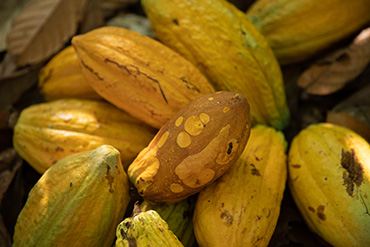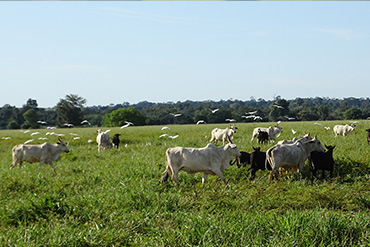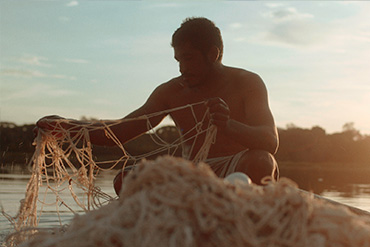Our Environment

Biodiversity
(GRI 2-23, 304-3)
Ecosystem services such as soil fertility, water regulation, pollination, and pest control are essential for maintaining productive supply chains. In line with our Global Environment and Biodiversity Policy, JBS works to protect and restore natural habitats, preserve biodiversity, and amplify the positive environmental impacts of agricultural systems. Safeguarding biodiversity is not only critical for the planet but also vital for the long-term success of our business and future generations.



Promoting Compliance and Accountability
JBS operations adhere to formal environmental licensing processes issued by the appropriate governing bodies across federal, state and municipal jurisdictions. These licenses are tailored to local biodiversity conditions and include specific requirements for water and energy management, GHG emissions, and monitoring of local flora and fauna.
Within our supply chain, JBS conducts socio-environmental monitoring of a portion of farms supplying livestock. This process evaluates key criteria that impact biodiversity, such as deforestation, encroachment on protected areas (e.g., conservation units, indigenous lands), and overlap with traditional community territories. Farms that fail to meet these socio-environmental standards are blocked from conducting business with JBS.
Case Studies:
Key 2024 Results:
- Total fire outbreaks detected: 52,083; Most affected regions: Serra do Amolar, RPPN Acurizal, São Lourenço, and Barra
- Average time of direct firefighting operations: 31 days of intensive action
